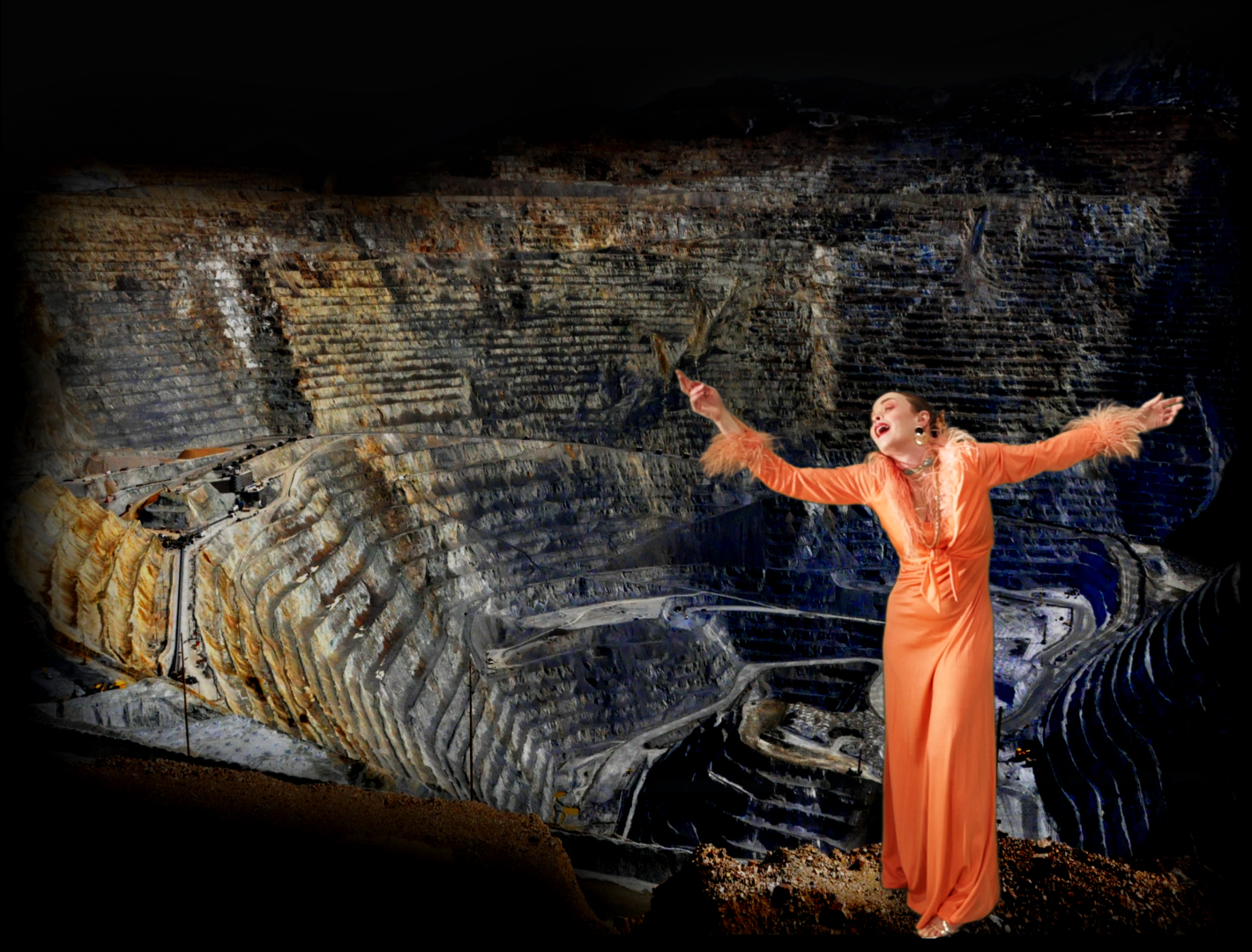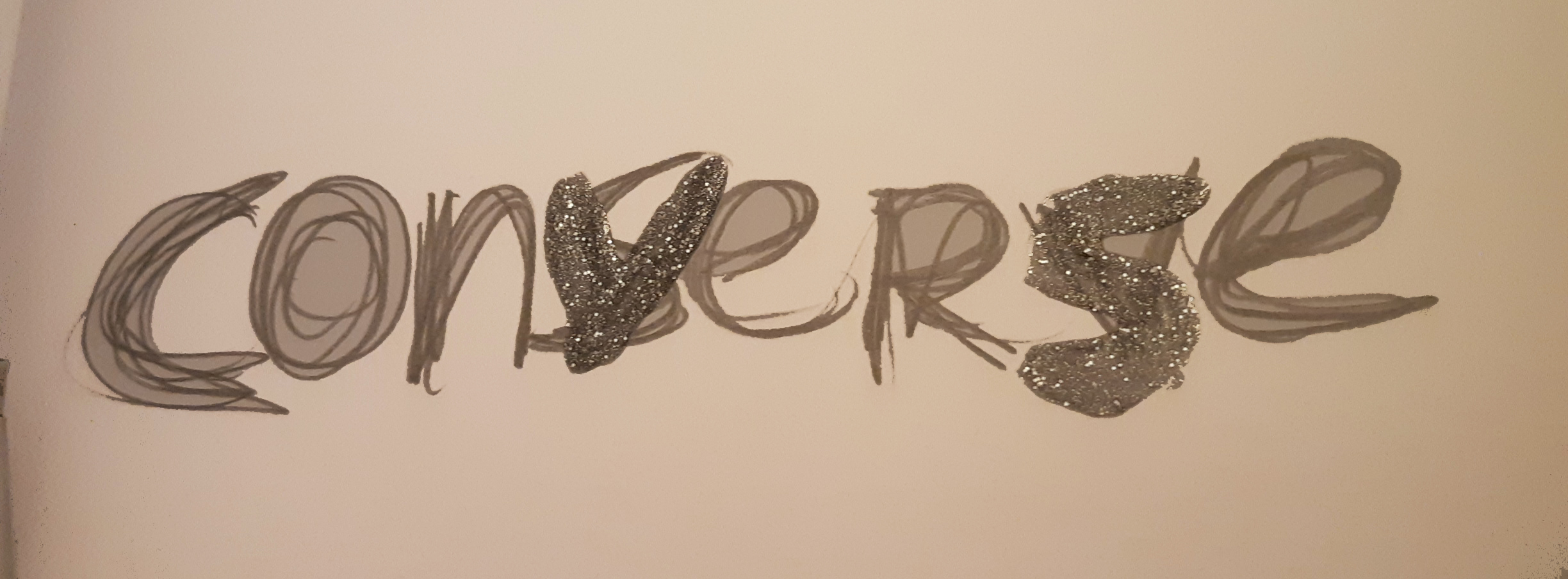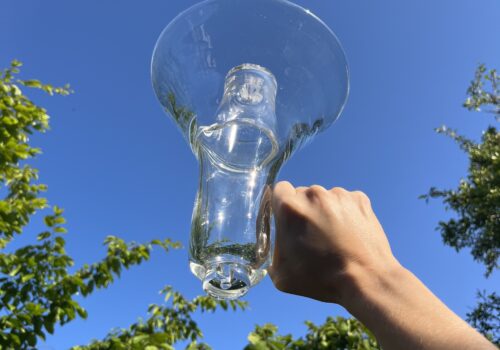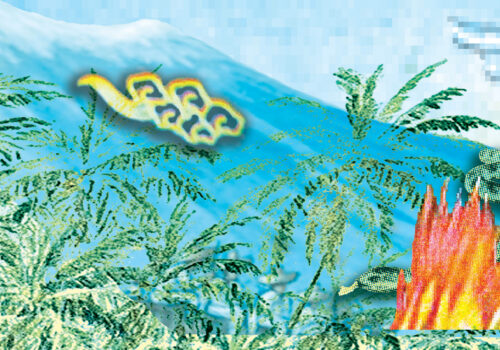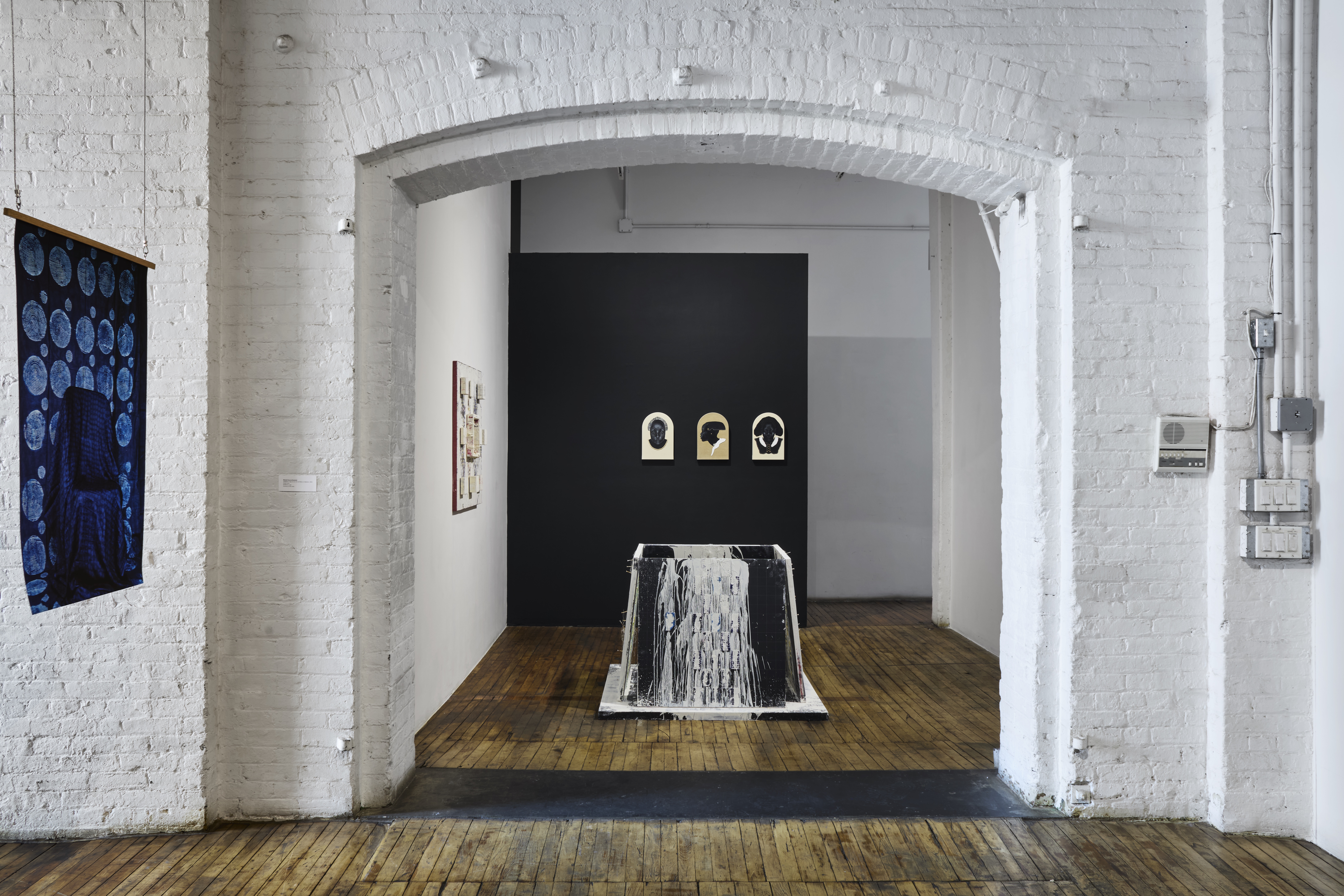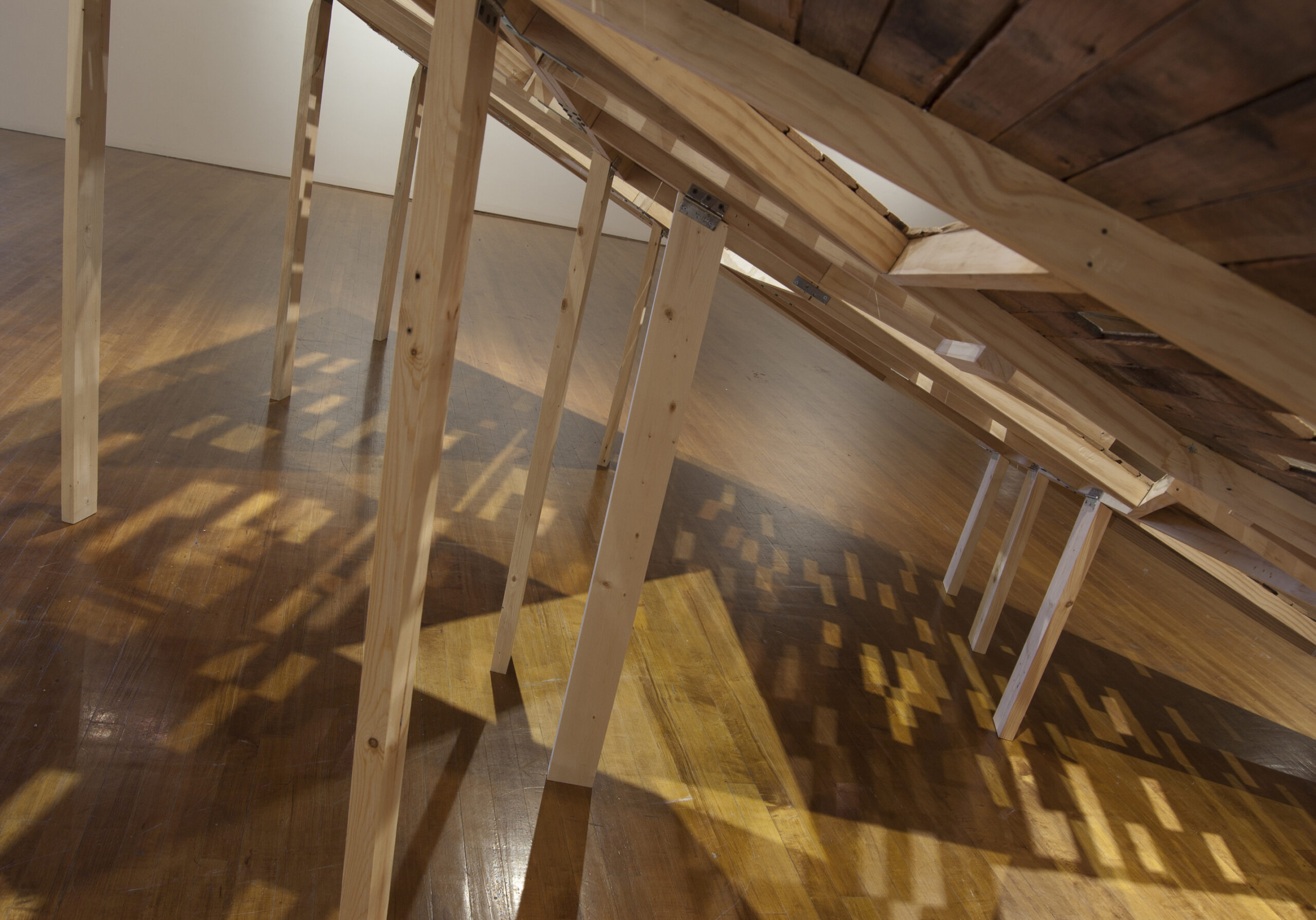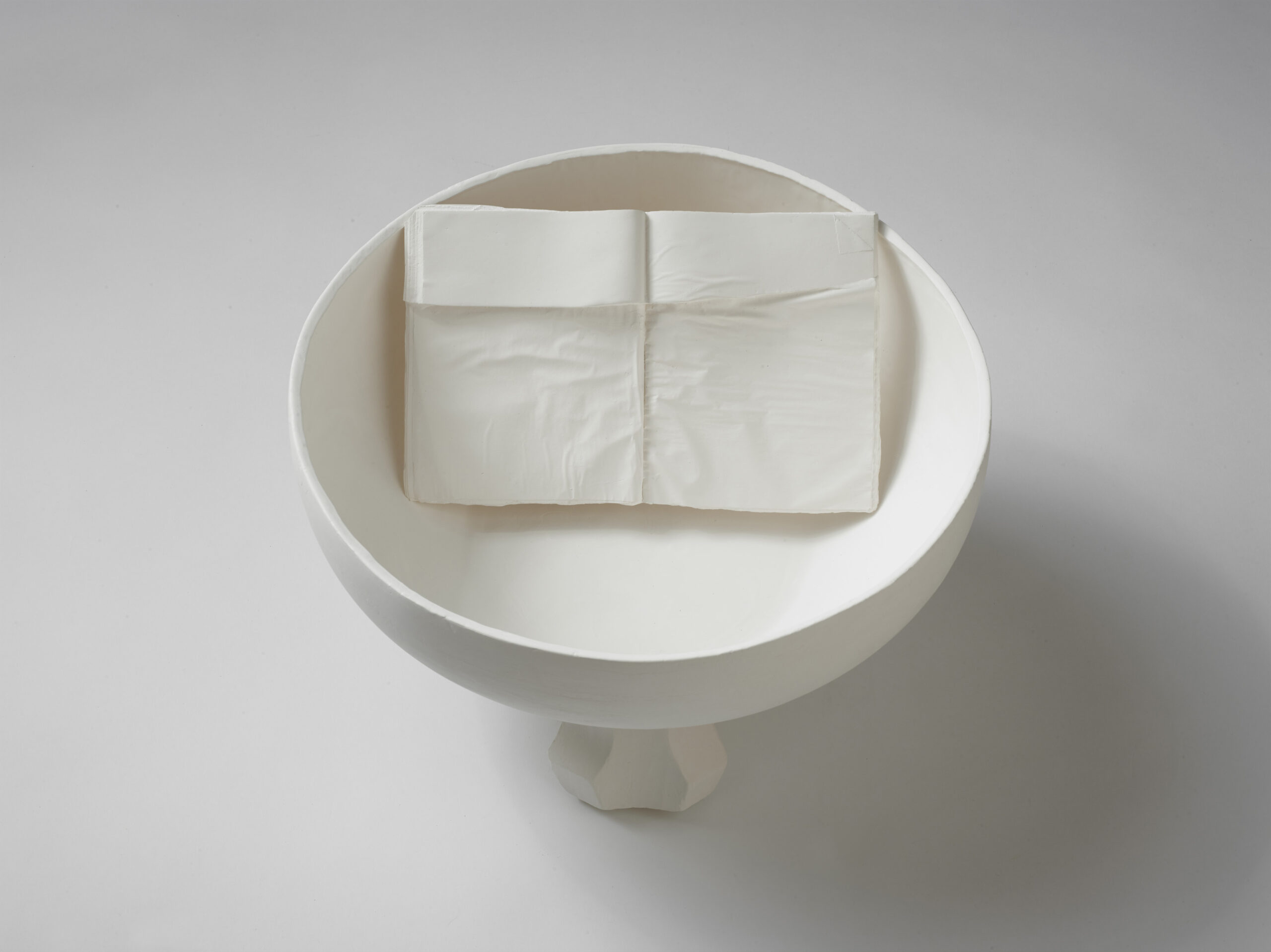Panelists will include ISCP’s current curators in residence Christina Cuthbertson, Srajana Kaikini and Bárbara Perea Legorreta, moderated by Kari Conte, Director of Programs and Exhibitions, ISCP.
The work of a curator entails balancing multiple commitments to artists, artworks, institutions, audiences and funders. In constant negotiation with stakeholders, curators must take many positions into account without compromising their own. Thus, not surprisingly, questions of ethics have risen to the forefront of curatorial practice.
From the politics of equal representation in exhibition making to issues of artistic censorship and the integrity of funding sources, this roundtable will explore some recent ethical debates about the responsibility of curators in the art ecosystem. The participants will draw upon a diverse range of experiences, with Maura Reilly’s recent book Curatorial Activism: Towards an Ethics of Curating as well as the 2019 Whitney Biennial as starting points.
Christina Cuthbertson is an independent curator and writer based in Lethbridge, Canada in Treaty 7 Territory. She was a former curator at the Southern Alberta Art Gallery and was a curator-in-residence at the Banff International Curatorial Institute in 2018. Her work centers on notions of affect and embodiment, as they come to bear on relationships between institution, experience, and transference of knowledge. Her most recent work deals with the history and legacy of nuclear culture in the work of Canadian artist Mary Kavanagh. The exhibition, Mary Kavanagh: Daughters of Uranium investigates the nuclear, in terms of armament, resource extraction, energy, and medicine, from the perspectives of the sentient body and intergenerational trauma. Working within and beyond the boundaries of the art institution, her projects have taken on many forms including exhibitions, interdisciplinary collaborations, performances, workshops, sensory experiences, and artistic interventions.
Srajana Kaikini is a writer, researcher and curator. Her doctoral research, Arrangement of Objects. An Ontology of Contemporary Curatorial Practice, engages with an ontological study of contemporary curatorial practice through the philosophy of relations. She was a participant in de Appel Art Centre’s Curatorial Programme in 2012-13, is the recipient of 2013 FICA Research Fellowship and was Curator at KK Hebbar Gallery and Arts Centre in 2015-2019. Kaikini’s recent projects include Backstage of Biology, 2019, at the archives of the National Centre for Biological Sciences, Bangalore, and Vectors of Kinship, 2016, at the 11th Shanghai Biennale.
Bárbara Perea Legorreta is an independent Mexico City-based curator and writer. Her practice focuses primarily on media and sound art and is grounded in the concept of exhibition making as a platform for critical thinking. Core aspects of her practice include transdisciplinarity and fostering dialogues between media art, contemporary practices and audiences. She is interested in listening practices and perceptual phenomena in relation to art. Bárbara Perea has curated exhibitions and festivals in Mexico, Europe, Canada and the United States, including at Plataforma Puebla 2006; Laboratorio Arte Alameda, Mexico City; and the Venice Biennale, among others. She is the curator of Entanglements: Before and After NAFTA, currently on view at ISCP, which is an exhibition that presents a critical and transhistorical analysis of economic exchange in North America through the lens of contemporary art practices.
This program is supported, in part, by Alberta Foundation for the Arts; Hartfield Foundation; Inlaks Shivdasani Foundation; Jane Farver Memorial Fund; Lambent Foundation Fund of Tides Foundation; New York City Department of Cultural Affairs, in partnership with the City Council; New York State Council on the Arts with the support of Governor Andrew M. Cuomo and the New York State Legislature; and Stavros Niarchos Foundation (SNF).
